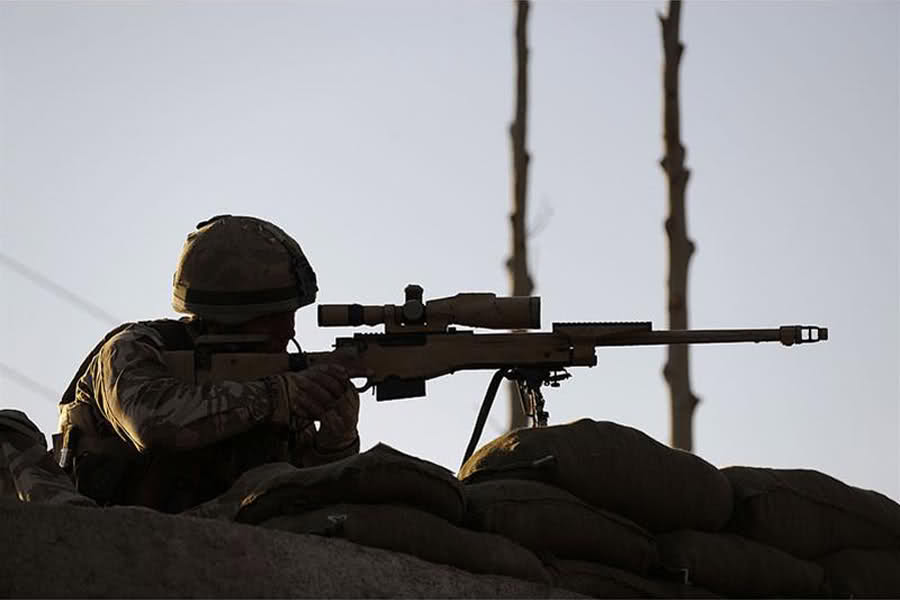
Tri-Service
Analysis: A Line Drawn Under The Lariam Saga?

The planned new rules for prescribing anti-malaria drugs in the forces look like a partial victory for those who have campaigned against the use of Lariam (or to give the drug its generic name, Mefloquine).
The face-to-face medical assessments demanded by MPs on the Commons Defence Committee will be the rule, though with possible exceptions for very short-notice deployments.
These checks are meant to ensure that servicemen or women who may be particularly vulnerable to mental health side-effects from Lariam are not offered it.
Perhaps more important is the new mechanism designed to ensure anyone being offered Lariam is also offered an alternative; so that no-one is forced to choose between Lariam or risking malaria.
It may not be an easy choice though. Other drugs also have side effects, and some of them don’t protect against certain strains of malaria.
The committee says it's disappointed that the MoD refused to class Lariam as the ‘drug of last resort’, but it may only have lost a semantic battle.
The Deputy Surgeon General, Major General Martin Bricknell, told Forces TV:
"It makes sense for the MoD to publish a hierarchy of drug choice, and Mefloquine will be the last drug of choice in that hierarchy."
This is not the end of battles over Lariam. MPs are still waiting to see the detail of the new Malaria Prevention Policy and want six-monthly updates on its use.
But the new policy comes too late for veterans who were prescribed Lariam while they served their country, and who believe it has torn their lives apart.
They've questioned why all the checks promised for the future were not there to help protect them.
Lawyers for some of those veterans have welcomed the steps announced by the Ministry of Defence for today’s servicemen and women, but say more must now be done to establish what damage may already have been done to those who served in the past.









